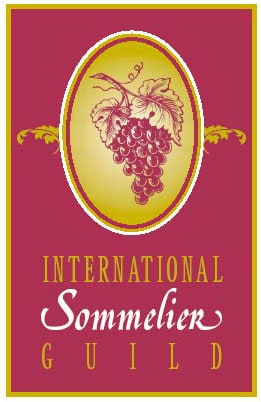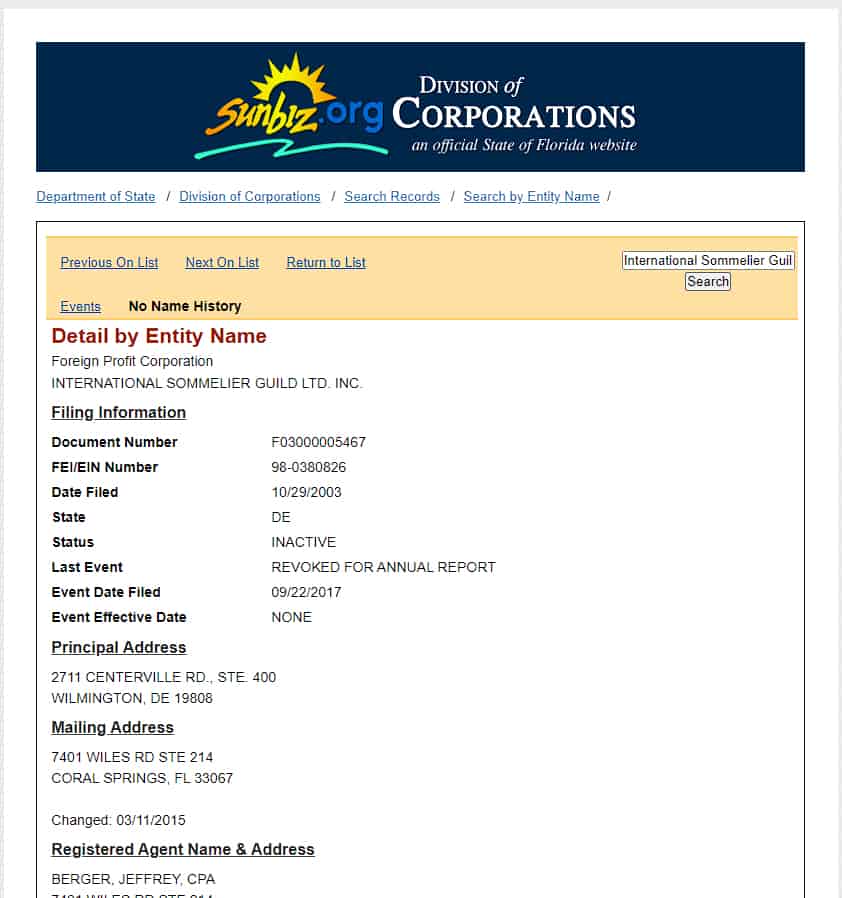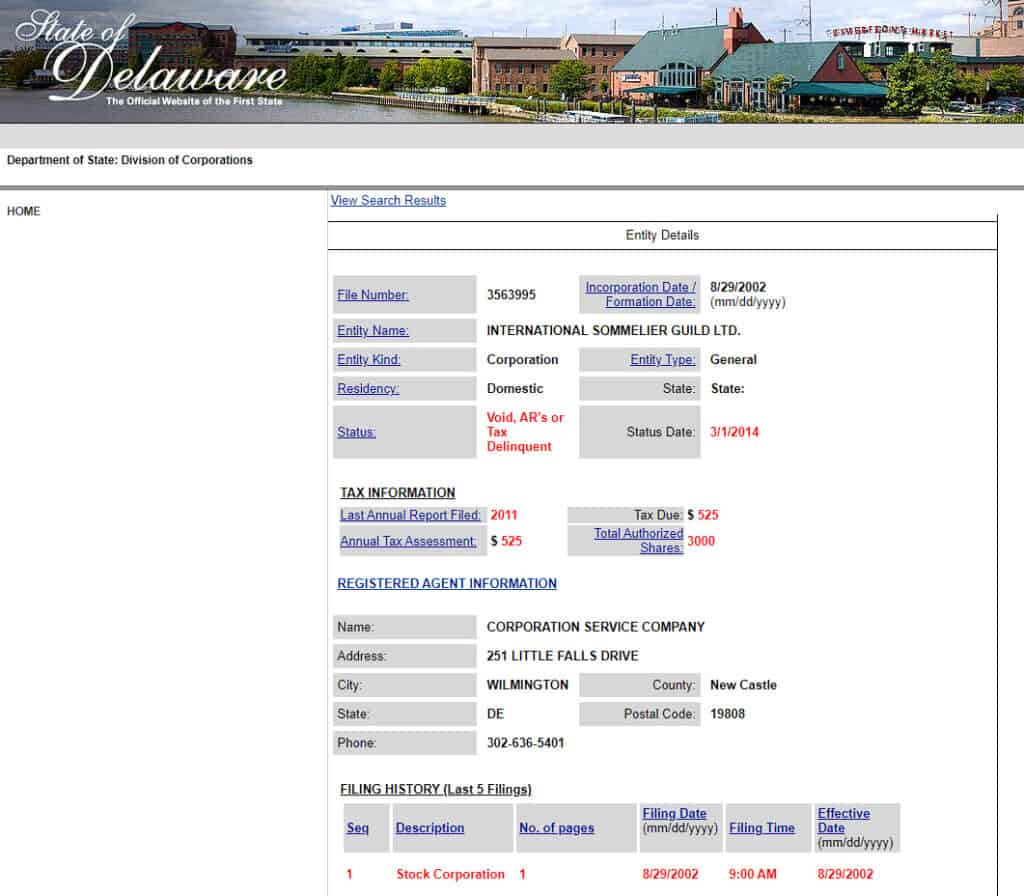International Sommelier Guild

This sommelier agency was founded 1982, but the organization is now effectively defunct. With corporate status revoked in Delaware in 2014 and Florida in 2017, ISG certifications are at risk of nullification, undermining their legitimacy. Once a respected institution, ISG now faces stiff competition from the Wine & Spirit Education Trust, National Wine School, and the Court of Master Sommeliers.
Background and Historical Context
Until the new name and address were taken on in 2001, the International Sommelier Guild was previously called the Canadian Sommelier Guild. The organization was founded in Ontario in the year 1982. Through the ’80s and ’90s, it received attention and publicity and churned out a few well-known alumni, such as Canadian wine judge Craig Pinhey and novelist Patrick Ember. It changed its name to “International Sommelier Guild” and moved its operations to the United States after two decades, offering programs that had once been run at prestigious schools such as Kendall College in Chicago and Walnut College in Philadelphia.
Challenges and Current Status
In recent years, however, the ISG faced serious challenges. One, there is the critical judgment that the Guild’s Corporate status was revoked in Delaware in 2014 and Florida in 2017. This, in itself, is a question of legitimacy for the currently working organization. Secondly, and rather astonishingly low Yelp score of one star based on one review further ascertains these facts. Such developments do beg more questions than answers for an organization that hitherto claims a two-decade history.
Impact of Market Competition
The decline of the ISG apparently is related to the aggressive expansion of other competitors such as the Wine & Spirit Education Trust and the Court of Master Sommeliers into the U.S. market. This might have had a huge impact on the market position and viability of the ISG.
Educational Offerings and Accreditation Questions
Originally, the ISG was well-esteemed for having a comprehensive approach to training sommeliers in everything from wines to beers, spirits, and hospitality management. At the time of this publication, though, ISG does not seem to provide any in-person sommelier or direct certification courses but offers only online training courses. That begs the question as to what they actually cover and how effective their current training platform can be.
In ISG, this takes place in a program structure composed of several progressive steps:
Intermediate Wine Certificate (IWC): This is a beginning course covering everything there is to know about the most common grapes used in the wine industry, the methods of wine evaluation, fortified and sparkling wines, and service. It also covers information on the label, appellation concepts, and theories on food and wine pairing. The course consists of 8 sessions of a total of 24 hours. This should be complemented with 3 to 1 hour of home studying every week.
Advanced Wine Certificate (AWC): Building upon the IWC, the AWC delves deeper into wine, spirits, and ales, focusing on viticulture, vinification, and regional appellation laws. It covers old and new world wine regions and further develops blind tasting skills, service techniques, and wine management practices.
Sommelier Diploma Program (SDP): This is an extensive course targeting professional or career opportunities in the hospitality industry at levels of higher hierarchy. The SDP course is 30 weeks in total, equating to a maximum of 308 hours, and encompasses all other past aspects into wine and spirits, beverage management, and the broader scope of the hospitality industry itself. It is available in an online format and offers flexibility for students.
ISGM Sommelier and ISGM Sommelier Degree: Even more specialized are these courses, with the coursework for ISGM stretching over 90 weeks in length, 192 days, and 1,817 hours of teaching. Graduates must have a cross-sectional understanding of the wine business at all levels, including all EU and international regulations relating to nutrition. The course at ISGM concludes with a 10,000-word dissertation for peer review evaluation.
Critical Assessment and Recommendations
In light of these findings-for example, of an organization that has been declared defunct, and a substantial lack of positive external reviews-it can be difficult in good conscience to recommend the ISG programs with great vigor. Potential students and professionals alike need to be aware of this when considering ISG for sommelier accreditation.

The company is listed as registered in Delaware, so I pulled up that corporate filing, only to find the company has been defunct since 2014! Until someone can point us in the right direction and prove the ISG is a legit sommelier accreditation program, we cannot in good faith recommend the programs. As of the date of publication, there were no in-person sommelier certification programs offered, only their online sommelier courses.

